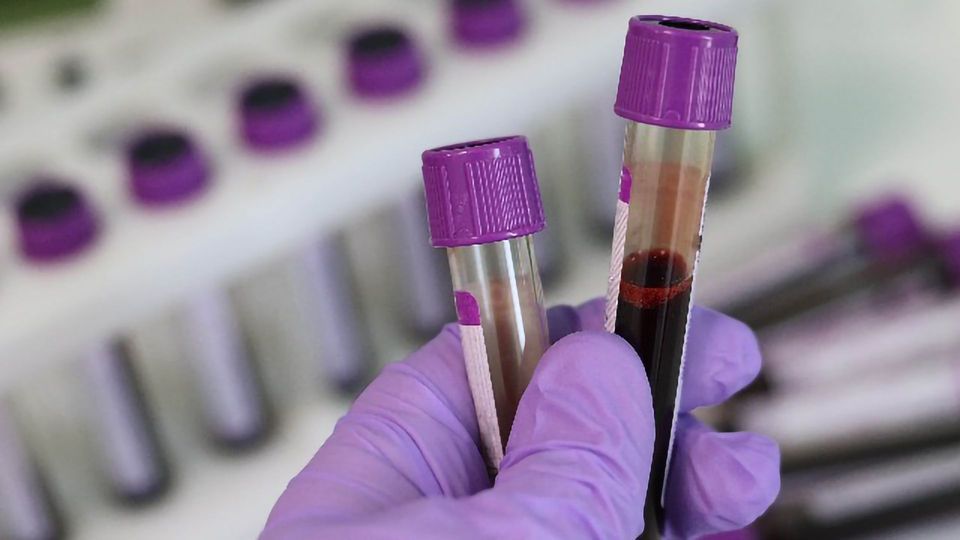New Lung Cancer Trial Will Use Personalized Monitoring To Help Predict Relapse

Complete the form below to unlock access to ALL audio articles.
A new international Phase 3 clinical trial coordinated by Crick Senior Group Leader and Cancer Research UK’s chief clinician, Charles Swanton, will use personalised detection tests to look for the earliest signs of relapse in over 300 patients with lung cancer.
The MERMAID-1 trial is a collaboration between the pharmaceutical company, AstraZeneca, and oncology genomics company, ArcherDX.
Researchers will recruit around 330 patients with early-stage non-small cell lung cancer who have had their primary tumour removed in surgery across over 200 international hospital sites. The team will use a personalised monitoring approach co-developed at the Crick for each patient to look for the earliest signs of relapse, specifically, tumour mutations in DNA in their blood that have been released by the tumour, which is called circulating tumour DNA. These tests are being developed by ArcherDX.
In patients with this evidence of ‘minimal residual disease’ in the blood, the researchers will investigate whether additional treatment after surgery can reduce the risk of relapse. They will compare the effects of giving patients either chemotherapy alone, with giving chemotherapy alongside AstraZeneca’s immunotherapy drug Imfinzi.
This personalised approach is based on findings from the TRACERx project, which found that monitoring patient-specific mutations in circulating tumour DNA in the blood could help to predict if a patient is more likely to relapse after surgery.
Charles Swanton, leader of TRACERx and international coordinating investigator in the MERMAID-1 trial, says: “MERMAID-1 is an exciting and novel clinical trial using this personalised DNA tracking technology looking to identify patients at high risk of their cancer coming back after surgery, and who may benefit from additional immunotherapy.
“We know that only a minority of patients with lung cancer treated with chemotherapy after surgery really benefit. The problem has always been we do not know which patients benefit. We hope this personalised approach will lead to better patient outcomes by intensifying treatment for patients most likely to relapse, while avoiding additional chemotherapy after surgery when not needed.”
The TRACERx project is led by the Crick and UCL and is funded by Cancer Research UK.
This article has been republished from the following materials. Note: material may have been edited for length and content. For further information, please contact the cited source.

